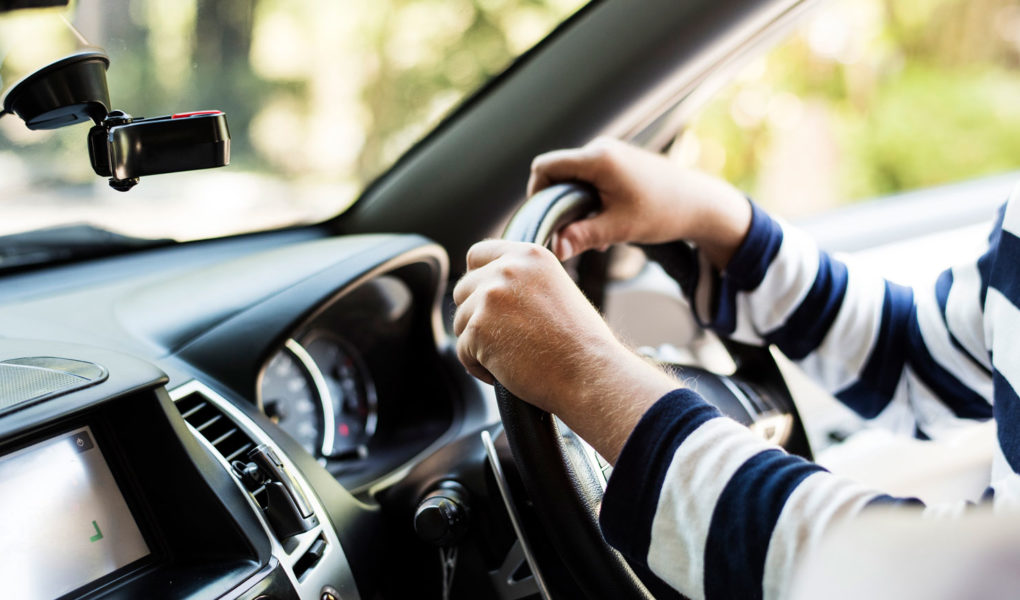Nestled off the coast of Normandy, France, Jersey is not only known for its breathtaking landscapes but also for its unique driving regulations. Whether you’re a tourist planning to explore the island by car or a new resident, understanding the local driving laws is essential for a safe and enjoyable experience. This guide provides an in-depth look at what you need to know before hitting the roads in Jersey.
Speed Limits and Road Conditions

The speed limit across Jersey is notably lower compared to many other regions, reflecting the island’s compact nature and narrow, winding roads. The maximum speed limit is 40 mph, both in urban and rural areas. However, drivers should be aware of varying limits in specific zones. For example, in built-up areas, the limit often drops to 20-30 mph, and in the scenic Green Lanes, it’s further reduced to a leisurely 15 mph. These lanes are particularly narrow and shared with pedestrians and cyclists, demanding extra caution. Jersey’s roads, characterized by their rural charm, require drivers to be vigilant and adaptable to sudden turns and blind bends.
Road Signs and Traffic Lights
Jersey’s road signs largely align with those in the UK and follow international standards, making them familiar to most drivers. However, there are some unique road markings specific to the island that visitors should be aware of. One notable difference is the sequence of traffic lights. In Jersey, lights switch directly from red to green, skipping the amber phase common in the UK. This peculiarity can catch drivers off guard, especially at busy intersections, and requires heightened attention to ensure safe crossings.
Mobile Phone Usage and Legal Restrictions

Staying connected is crucial, but when it comes to mobile phone usage while driving in Jersey, strict laws are in place. It is illegal to hold a mobile phone in hand while driving, mirroring regulations in many other jurisdictions. However, using hands-free devices is permissible. This law aims to reduce distractions and increase road safety. Violating this regulation not only poses a risk to the driver and others on the road but also attracts significant penalties.
License Requirements and Age Restrictions
Driving in Jersey requires adherence to specific licensing rules. Visitors to the island can use their current domestic driving license for up to a year. For Jersey residents, it’s necessary to obtain a local license immediately upon residency. The legal age for driving here is 17, but if you’re looking to rent a vehicle, the minimum age is 20. Moreover, rental agencies typically require at least one year of driving experience. Drivers under 25 might face extra charges, reflecting the perceived risk due to their age and limited experience on the road.
Seat Belt and Child Safety Regulations

Safety takes precedence on Jersey roads, with strict laws enforcing the use of seat belts. Every passenger in both the front and rear seats of a vehicle must be properly secured with seat belts. Children’s safety is particularly emphasized; they must use suitable child restraints based on their age, weight, and height. Jersey law also stipulates that children under the age of 12 cannot travel in the front seat of a car. These measures ensure the highest safety standards for younger passengers.
Alcohol Limits and Drug Policies
Jersey enforces strict rules regarding driving under the influence of alcohol and drugs. The legal limit for alcohol consumption while driving mirrors that of the UK, set at 80 milligrams per 100 milliliters of blood. The island’s authorities are vigilant in enforcing these limits, with regular police patrols and roadside checks. Driving under the influence of drugs is also a serious offense, attracting severe legal consequences. These stringent policies underscore Jersey’s commitment to road safety.
Insurance and Documentation
In Jersey, carrying the right documentation is as crucial as adhering to road rules. Drivers must have a valid driving license and a current insurance certificate at all times. The minimum insurance requirement is third-party coverage. Should you be stopped by the police or involved in an accident, these documents are essential and must be produced upon request. This regulation ensures that all drivers on Jersey’s roads are adequately covered, providing protection and peace of mind for everyone.
Parking in Jersey
Parking in Jersey, especially during the bustling summer months, can be challenging. The island offers a mix of paid and free parking options, including street parking, metered spaces, and parking lots. In towns and villages, parking enforcement is strict, and illegal parking can result in fines. For disabled drivers, Jersey recognizes the European blue badge system, offering designated parking spots. However, it’s always advisable to check local signage for specific rules and entitlements.
Emergency Procedures and Contacts
In case of emergencies, Jersey uses the same emergency contact numbers as the UK: 112 or 999. These numbers can be dialed for immediate assistance from the police, fire services, or medical teams. In the event of a road accident, the standard protocol is to stop and not move your vehicle until the police arrive. This ensures a proper assessment and handling of the situation, maintaining safety and legal compliance.
Conclusion
Understanding and adhering to Jersey’s driving regulations is essential for a safe and enjoyable experience on the island. From speed limits to seat belt laws, and from parking regulations to emergency procedures, being well-informed is key. By respecting these rules, visitors and residents alike can contribute to maintaining the safety and harmony that make Jersey’s roads pleasant for everyone.



